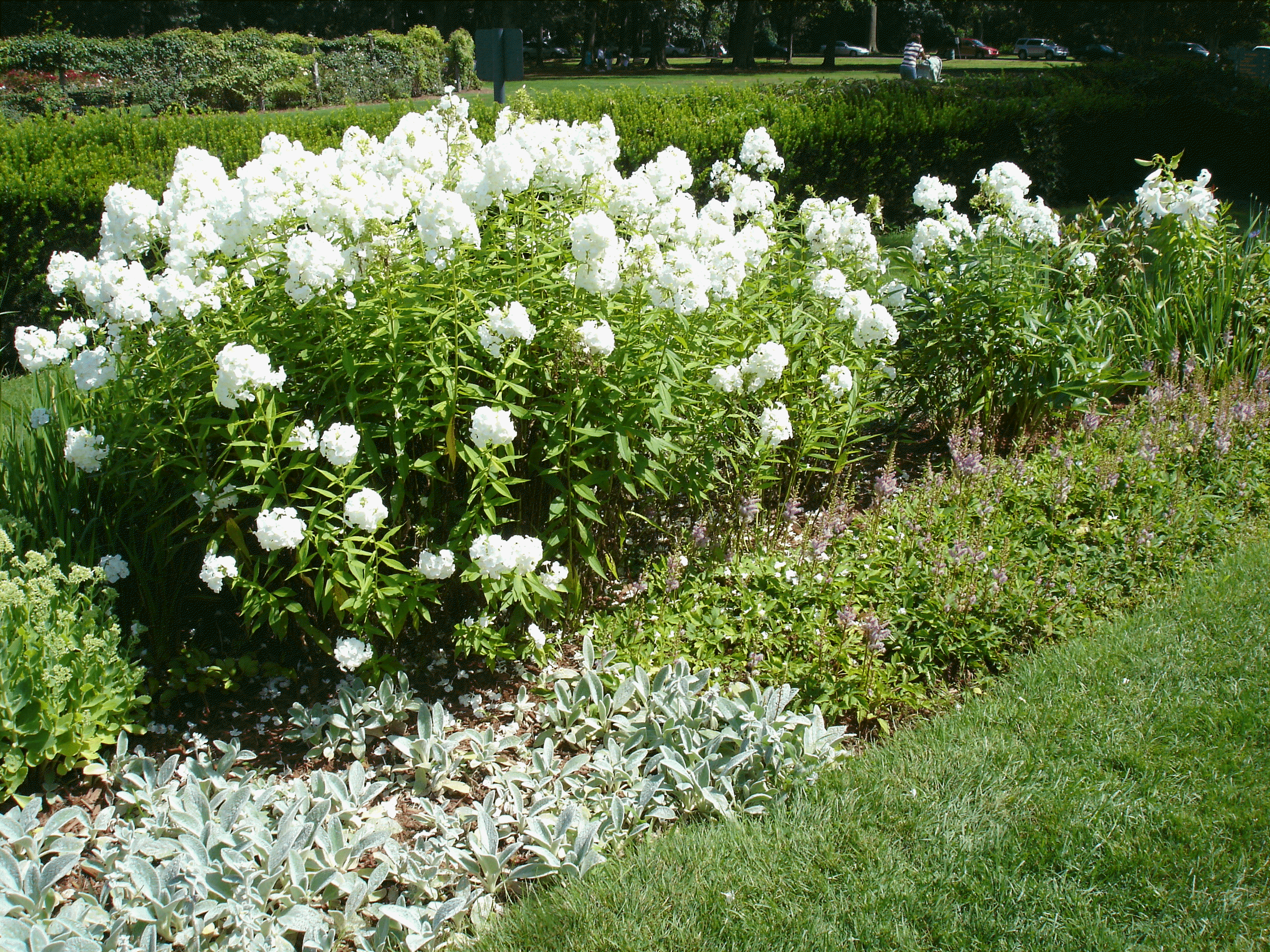'

|
All About Gardening and Gardening Q & A by Pernell Gerver |
|
Bookmark
this page or add it to your favorites now! |
|
"How to Protect Plants from Winterkill in Western Massachusetts" |
|
Every spring I see and hear about the usual dead, winterkilled suspects like rhododendron, azalea, boxwood, hybrid tea roses, and other marginally-hardy plants, especially if they weren’t given any winter protection the previous fall, but what has surprised me most in recent years is the large numbers of plants that are considered hardy in this area that have had problems. Trees and shrubs like rose of Sharon, holly, redbud, weeping cherry, dogwood, mountain laurel, forsythia, burning bush, juniper, cotoneaster, euonymus, arborvitae, and red-twig dogwood surprisingly were killed or damaged. Also, a large number of different perennials that have never had problems before were winterkilled. |
|
Based on how the past couple of winters have been, it’s now more important than ever to provide winter protection to make sure that the plants make it through this winter. It’s especially necessary for any plants that suffered damage last winter. The good news is winter damage and winterkill can be prevented and now is the time to do something about it to prevent it. With the way recent winters have been, I’m strongly recommending all outdoor plants be given their appropriate method of winter protection. Depending on the type of plant, each has its own preferred method of winter protection and now is the time to do it. Another form of winter protection you can do now is to protect your plants from animals. Damage from animals including deer, rabbits, mice, voles, and others can be significant, but is preventable. Animals can disfigure, strip, girdle, and kill all plants including trees, shrubs, and flowers. |

 Protecting
your garden now for winter is one of the most important tasks you
can do for all of your outdoor plants. Just about every area of the
garden and home landscape will benefit from winter protection
including trees, shrubs, roses, and perennials. Without winter
protection, some plants will suffer damage, die back, or even be
winterkilled totally. Here in western Massachusetts doing yearly
winter protection each fall is a must. Recent winters have been
especially hard on all sorts of plants including ones that have never
had problems in this area.
Protecting
your garden now for winter is one of the most important tasks you
can do for all of your outdoor plants. Just about every area of the
garden and home landscape will benefit from winter protection
including trees, shrubs, roses, and perennials. Without winter
protection, some plants will suffer damage, die back, or even be
winterkilled totally. Here in western Massachusetts doing yearly
winter protection each fall is a must. Recent winters have been
especially hard on all sorts of plants including ones that have never
had problems in this area. Landscape
plantings represent a large investment of time and money and as a
gardener there is no more sad an experience than to go outside on a
spring day to discover a cherished plant that was killed over winter.
Landscape
plantings represent a large investment of time and money and as a
gardener there is no more sad an experience than to go outside on a
spring day to discover a cherished plant that was killed over winter. by
Pernell Gerver
by
Pernell Gerver